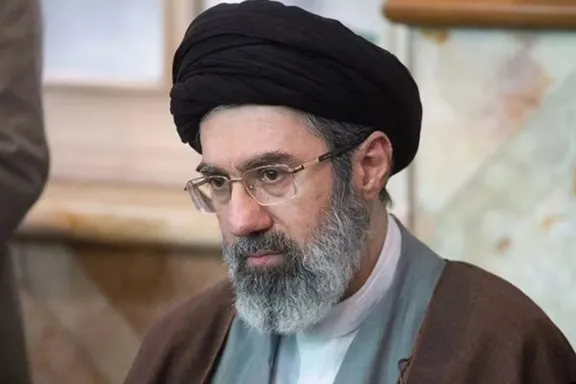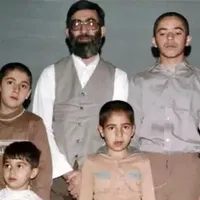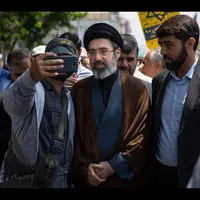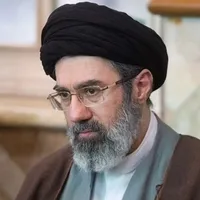Iran says its missile attacks forced Israel into ceasefire
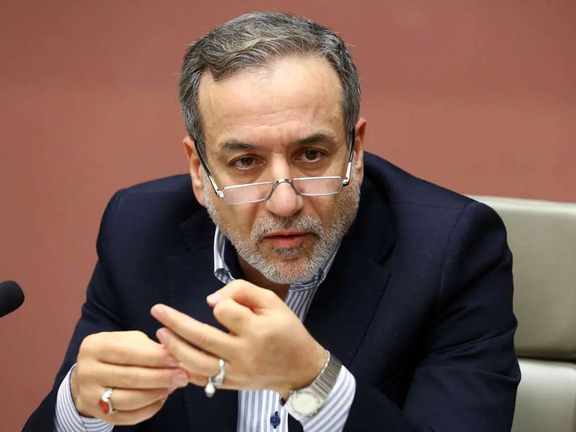
Iran’s missile response to US and Israeli strikes led directly to the current ceasefire, Foreign Minister Abbas Araghchi said in an interview published Wednesday by Al-Araby Al-Jadeed.
“They thought US involvement would lead to Iran’s surrender,” Araghchi said. “But our strong missile response using Kheibar Shekan missiles forced them to back down and propose a ceasefire through diplomatic channels.”
Iran presents ceasefire as moral victory
The ceasefire ended 12 days of fighting between Iran and Israel and remains in place. Araghchi said Iran accepted the deal to maintain moral high ground and to build the foundation for a new regional policy based on Islamic and regional values.
“We must see whether the aggressor is truly able to uphold the ceasefire, or if—as before—it is simply using it to manage domestic challenges,” he said.
Araghchi also defended Iran’s missile strike on the US Al Udeid base in Qatar, calling it a lawful act of self-defense in response to attacks on Iran’s nuclear facilities. He stressed that the strike was not a threat to Qatar’s sovereignty.
According to Araghchi, the US sent messages before and after the attack to avoid escalation. Iran responded by telling intermediaries, including European officials, that talks with Washington would not resume while aggression continued.
Tehran vows to continue nuclear work despite attacks
Despite attacks on nuclear sites, Araghchi said Iran would not abandon its program, which he described as transparent and under IAEA oversight.
“Diplomacy during war is still diplomacy,” Araghchi added, citing Geneva talks and coordination with regional partners as key in isolating Israel and building broader support for Iran’s position.
